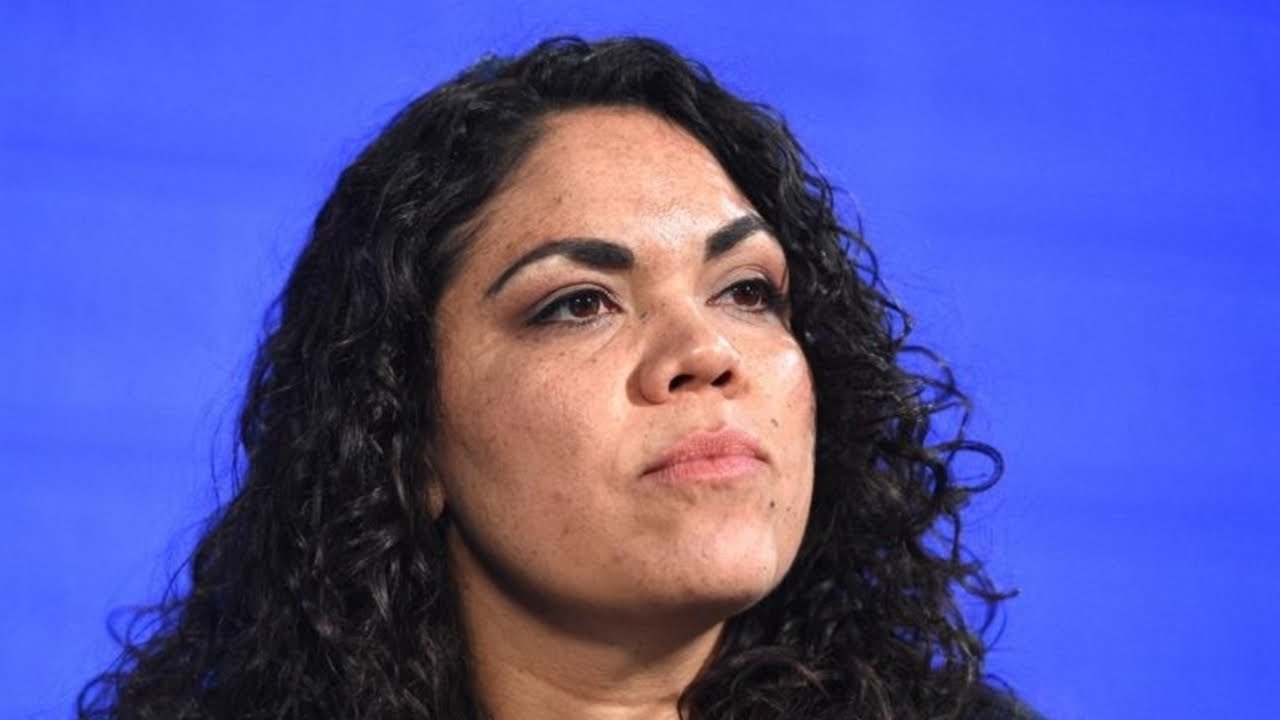Blog
In Rejecting the Voice, Australians Reject Grievance Politics
In rejecting the Indigenous Voice to Parliament, Australians reaffirmed the democratic principle of equality before the law.

Last Saturday, Australians recently exercised their right to vote and resoundingly rejected a proposed constitutional change. The ballot in question sought to recognise Indigenous Australians with a "Voice" to Parliament, a body designed to advise Parliament on Indigenous affairs. With voting being compulsory in Australia, the outcome was could not have been clearer: 39 percent said “Yes” while 61 percent said "No."
Why did the proposal fail? The immediate reason was that it lacked bipartisan support. It was championed by Anthony Albanese, Australia's center-left Prime Minister, as well as prominent Indigenous advocates such as Marcia Langton and Noel Pearson. But it was not championed by the Opposition Leader, Peter Dutton, and the centre-right parties that make up the Coalition.
Nevertheless, early polls had indicated support for the idea of an Indigenous voice. But this was arguably because voters did not know that the “Voice” would require constitutional change. When the proposal's implications for changing the Constitution became apparent, doubts crept in. Why not legislate the change first? The absence of a testing phase made people wary. Innovation often entails unforeseen challenges, and in the realm of Aboriginal affairs, the gap between intentions and outcomes is substantial.





